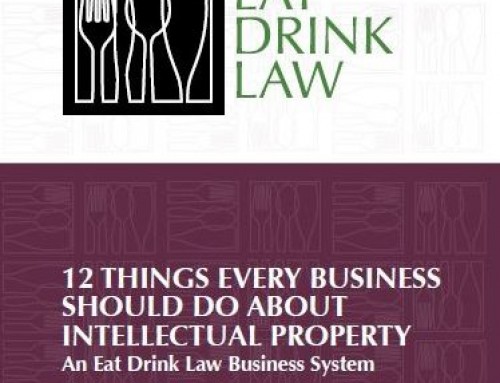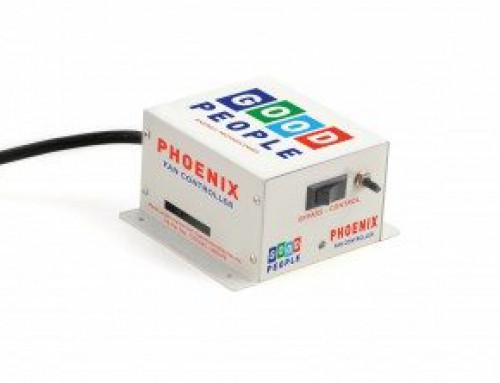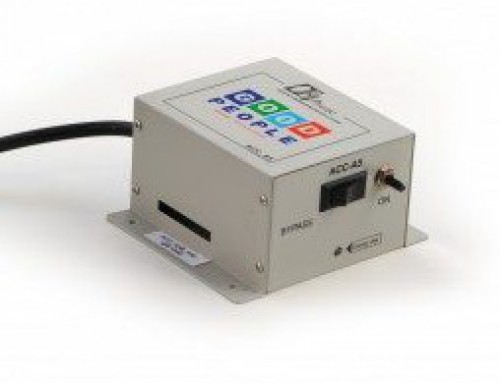Trade Secret is a misunderstood area of law. More on that later, but because “trade secret” is used in everyday language outside of business and has associations with spy thrillers and industrial espionage, people tend to think they know more than they actually do.
The good news is that your recipe or formulation can be a trade secret. The even better news is that, unlike trademarks, patents, or copyrights, there is no registration, filing process, or government database that you have to apply to. That means no government filing fees. Whether or not you have a trade secret is determined solely by your actions. And there’s the rub. Business owners know so little about trade secrets and yet their behavior is the primary factor in whether or not they do.
How do you know if it’s a trade secret?
The standards for a legally protectable trade secret are pretty straightforward.
- Is the trade secret information not publically known?
- Does it have commercial value to the business because it is not known?
So, most recipes and formulas can pretty easily qualify as a trade secret under these factors. As long as you haven’t made your recipe public (such as by publishing it on your website) or publically stated that you use such-and-such a recipe from a particular cookbook, website, or other known source, your recipe is not publically known. Food products are notoriously difficult to reliably figure out the recipe solely from the finished product (known as reverse engineering). So, absent you making the information available, it shouldn’t be publically known or readily ascertainable.
The threshold for commercial value is pretty low. Pretty much anyone who sells a food or beverage product gets commercial value from the recipe they use. In fact, for many food and beverage products, the secrecy of your recipe may be the only protection you have against your competitors knocking you off completely. You can take it as a given that the secrecy of your recipe has commercial value, if you have bothered to keep it secret.
So, now you may be thinking that means that almost every recipe is a trade secret. Why did I bother with this article at all? There is an extra factor in a court deciding to uphold your trade secret:
Have you acted reasonably to keep your recipe secret?
As with many legal “reasonableness” standards, this is where things get a bit fuzzy. How do you know what is reasonable? A lot of this is determined by your size, industry, nature of the information, and its economic importance. Most people have heard about the Coca-Cola formula and its legendary vault to which only two people on the planet have access. That is entirely reasonable for a multi-billion dollar asset. Similarly, a government contractor that deals in top secret technology would be held to a different standard than a mom & pop ice cream shop.
But that doesn’t mean that the small business can do whatever it wants and be found reasonable. To support your trade secret, you will have to show that you made an effort and gave consideration to:
- Where and how the information is kept
- Who has access and for what purposes
- Physical security (locks) and electronic security (passwords)
- Employment policies and training
- Contracts like non-disclosure agreements and confidentiality clauses
This is the first in a series of articles to get you started thinking about what you can and should be doing to protect your trade secrets. You don’t necessarily need a lawyer for this, but it does require your time and attention.
While we are on the topic of trade secrets, did you miss the 5 Trade Secret Mistakes You Should Not Make?








